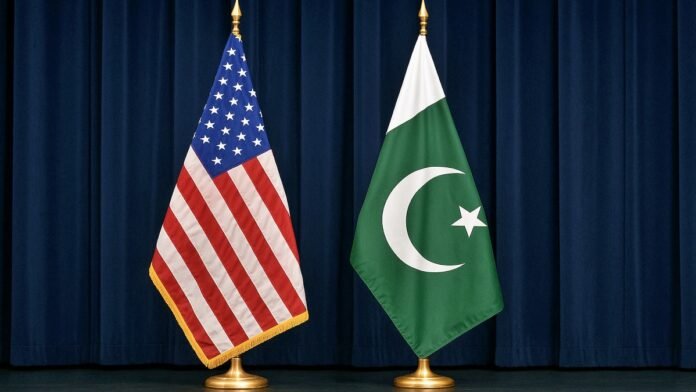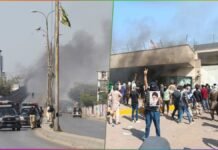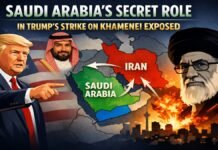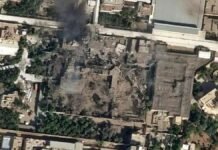
Key Points
- US Secretary of State Marco Rubio praised Pakistan’s counterterrorism role just days after blacklisting The Resistance Front (TRF), a group linked to the Kashmir attack.
- Rubio and Pakistan’s Foreign Minister Ishaq Dar met in Washington to discuss security, trade, and the India-Pakistan ceasefire.
- India maintains Pakistan fosters terror across the border, despite US diplomatic overtures to both sides.
- Ceasefire in May 2025 between India and Pakistan largely attributed to US mediation, though India disputes US claims to broker the truce.
- Critics highlight a ‘double policy’ in US approach: condemning Pakistani-backed terror groups, but commending Islamabad’s stability efforts.
New Delhi: In a striking diplomatic move, US Secretary of State Marco Rubio publicly thanked Pakistan for its “partnership in countering terrorism and preserving regional stability” in a high-level meeting with Pakistani Foreign Minister Ishaq Dar in Washington on July 25, 2025. The praise comes barely a week after the US formally branded The Resistance Front (TRF) a Lashkar-e-Taiba proxy involved in the Pahalgam Kashmir attack that killed 26 civilians in April a Foreign Terrorist Organization (FTO) and Specially Designated Global Terrorist (SDGT)[. Rubio called TRF a dangerous terror proxy, signaling support for India’s security concerns, but simultaneously commended Pakistan for regional peace and counterterror work.
Ceasefire Mediation and Mixed Messages
Last May, tensions between India and Pakistan escalated after deadly attacks in Jammu and Kashmir, prompting India’s ‘Operation Sindoor’ targeting militant camps along the border. The four-day conflict killed dozens before a ceasefire was declared on May 10, 2025, widely attributed to US mediation led by Rubio and President Donald Trump. While Islamabad acknowledged Washington’s key role, New Delhi insisted that ceasefire arrangements were primarily settled in direct military talks with Pakistan, rejecting US attempts to claim credit.
Following the agreement, Pakistan credited the US and several other countries for defusing nuclear tensions, while India cited its own evidence and denounced Islamabad’s support for border terrorism. Military hotlines were reactivated, and both militaries exchanged instructions to uphold the truce.
Ongoing US Policy Debate
The US approach to Pakistan remains controversial. While India and independent analysts regularly accuse Pakistan’s government and military of nurturing and arming terrorist groups, Washington has maintained open channels, citing Islamabad’s strategic value in regional security and non-proliferation. These ties are seen by many as a necessary, albeit hypocritical, aspect of broader US foreign policy balancing efforts to contain China, stabilize South Asia, and support counterterror campaigns.
India’s Stand: “No Room for Double Standards”
Despite public US praise, Prime Minister Narendra Modi and other Indian officials repeatedly criticize Washington for failing to hold Pakistan fully accountable, emphasizing that Islamabad continues to provide financial, logistical, and covert support for terrorist operations against Indian civilians and security forces. India’s stance remains that “tourism, not terrorism, should define the region,” reflecting anger at what it describes as persistent double standards in Western foreign policies.
The latest US-Pakistan meeting and the surrounding controversies illustrate the persistent tensions and contradictions in international approaches to terrorism, regional conflict, and strategic interests in South Asia even as violence, mistrust, and fragile truces persist.




















































